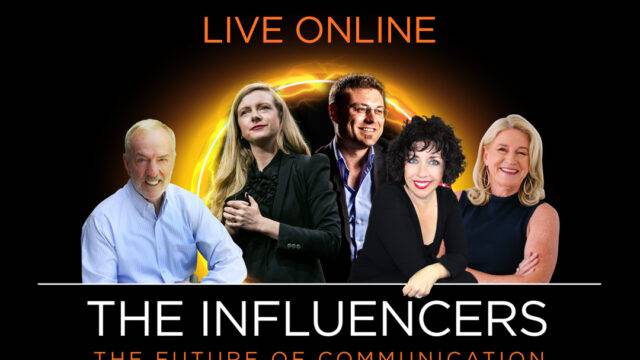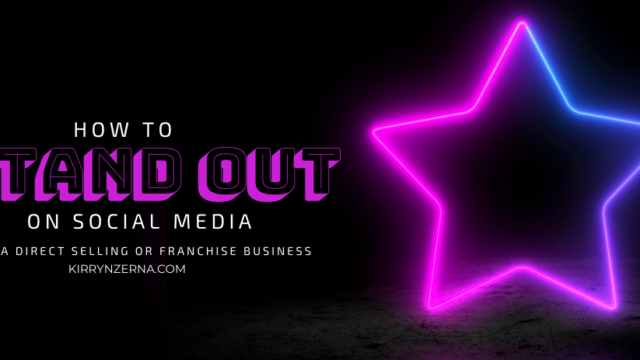How Stories Help You Sell Better Online
Originally published in Internet Retailing on 5 September 2019
Was there ever a greater love story than that of Rhonda and Ketut in AAMI’s Safe Driver Rewards campaign in 2012?
“You look hot, hot like a sunrise,” became part of the Aussie vernacular as we watched for over 3 years as Rhonda pursued her Balinese love Ketut.
The hilarious and infamous ad campaign, not only popularised catchphrases, it also launched successful careers for the actors and generated an increase in 20 per cent year on year business opportunity for AAMI.
What made this campaign so successful? And drove the brand AAMI into the hearts and minds of Australians in an already cluttered car insurance industry?
It wasn’t facts.
It wasn’t dollars saved.
It wasn’t digital technology and analytics.
It was a story.
Why stories sell
In this digital landscape we are sideswiped with clutter and content each second of the day. The risk is that your online advertising and content creation could be tuned out with all the rest of the clutter.
Stories can be the most powerful tool you have to captivate that attention and cut through the digital noise. Especially when you only have a short window to get noticed.
Here are three reasons why a story could be the single most powerful tool in your digital marketing toolkit.
1. Stories captivate
Stories can be the most powerful tool you have to captivate attention in the digital world. Jonah Berger, in his popular book Contagious, put it this way: “Narratives are inherently more engrossing than basic facts. They have a beginning a middle and an end… when you hear people tell a good story you hang on every word.”
He describes stories like vessels – on the outside they captivate your attention with their ‘surface plot,’ “but peel back that exterior and you’ll find something hidden inside”. These stories convey information, and importantly they also carry a meaning.
2. Stories are memorable
Have you ever sat through a presentation and after you’ve sat still for 60 minutes you return to your desk and a colleague says, “What did she speak about?”
You draw a blank… and then you remember the stories she told. Oh there was a story about the little girl who liked Vegemite. There was a story about a guy who found the last coin in his bag and it reminded him to never give up on his values, etc.
It seems that facts are forgotten, while stories stay in the mind.
Doug Stevenson in his article “Storytelling and Brain Science: This is Your Brain on Story” said the lesson of the story sticks because it’s embedded in an image.
Your brain remembers the image first, and then the emotional context, and then finally the language.
This is summed up so well by Daniel Pink who said, “Stories are easier to remember because stories are how we remember. When facts become so widely available and instantly accessible, each one becomes less valuable. What begins to matter more if the ability to place these facts in context and to deliver them with emotional impact.”
3. Stories create connection, and then trust
The goal is not only to attract attention and be remembered, it is also to create a connection that translate to greater trust. A story that leads towards a pathway to purpose – towards a sale or a solution. Telling stories is one the fastest ways to build rapport with your audience either online of offline. Why? It gives the audience a chance to get to know you in a more personal way and form the basis of an emotional connection, that in turn can lead to trust.
Once you have your story, the quest then is how do you weave the promotional aspect – the features and benefits of the product or service that you offer (and of course your unique brand essence) – into this larger narrative over time, and then ultimately lead your audience towards a positive outcome for your business? And how do you use creative ways to tell the story?
About Kirryn Zerna
I’m on a quest to help ideas, leaders and brands stand out (without selling out) in this age of online influence. I’m a conference speaker, a masterclass presenter and creator of the Stand Out Effect: a modern-day quest to uncover what makes brands stand out without selling out. What’s unique about me is that I understand the nuance of business from a large corporation to a small business and can translate the challenges and opportunities of the power of social media in each context. I draw on deep experience of working within corporate and public sector environments, and I also have had the privilege of working with over 1,300 small businesses and entrepreneurs through state and federal funded programs in the last year.







